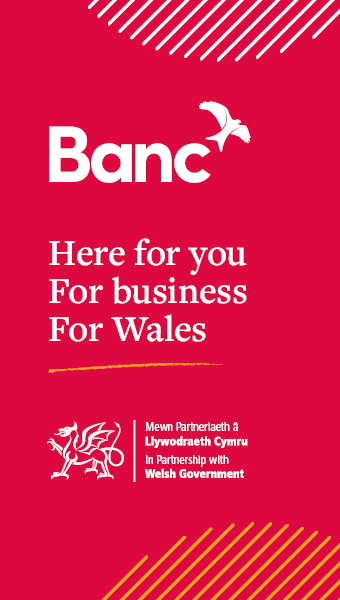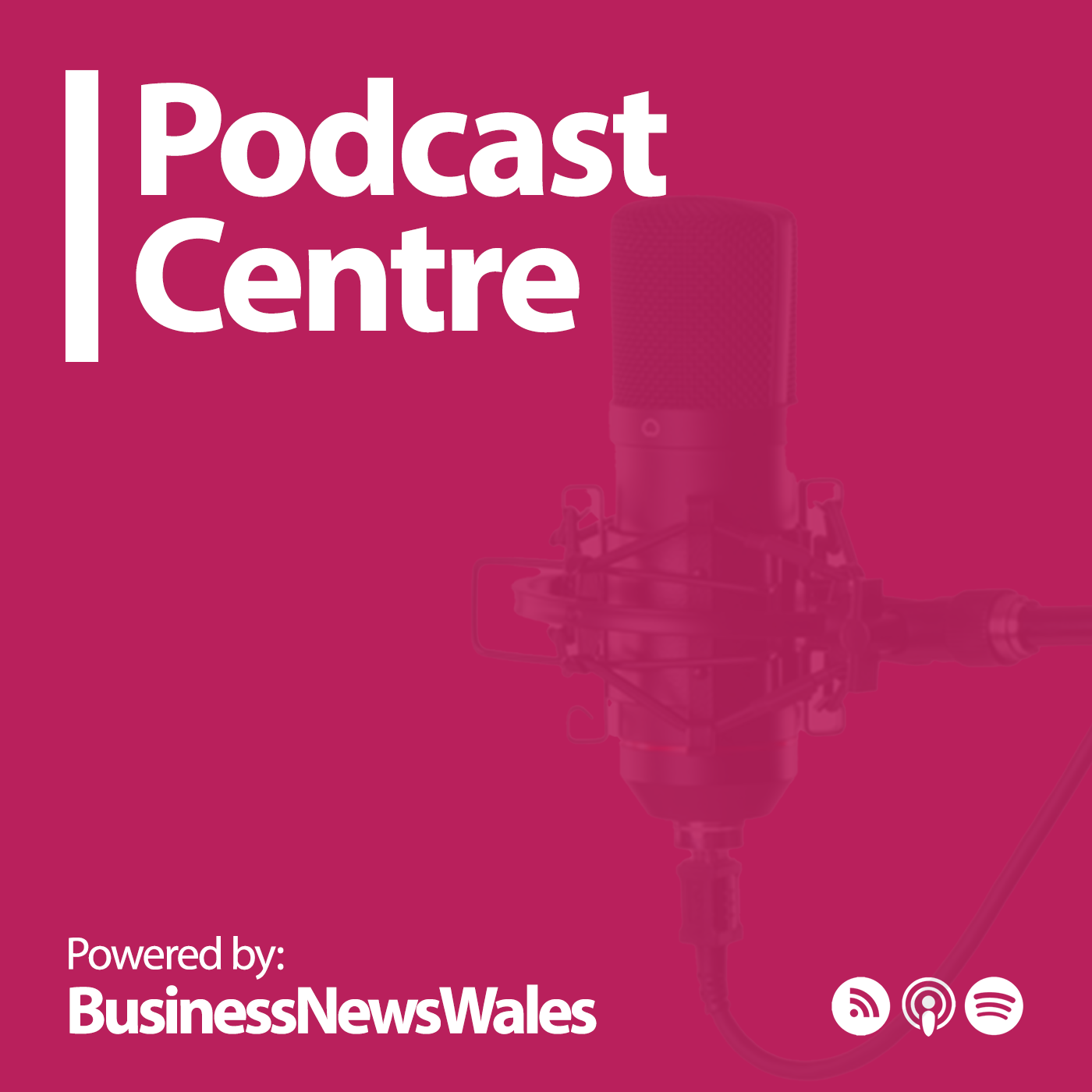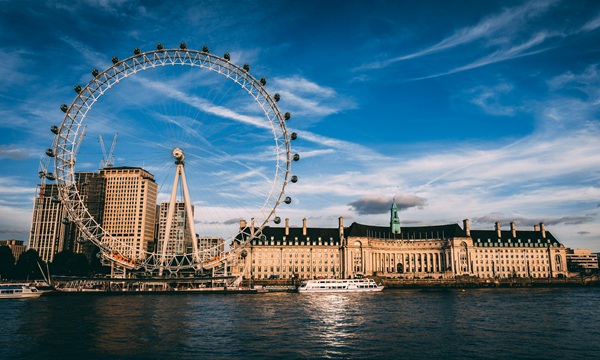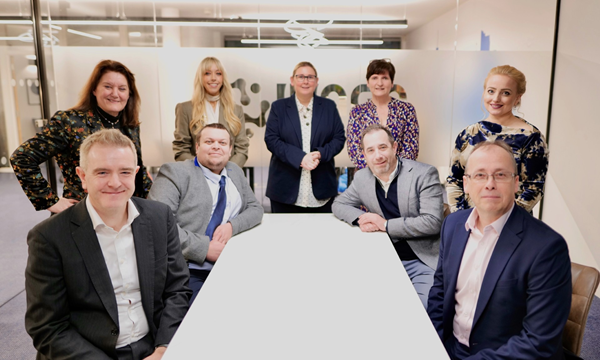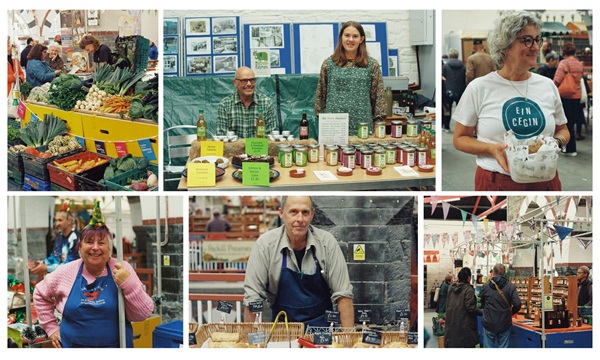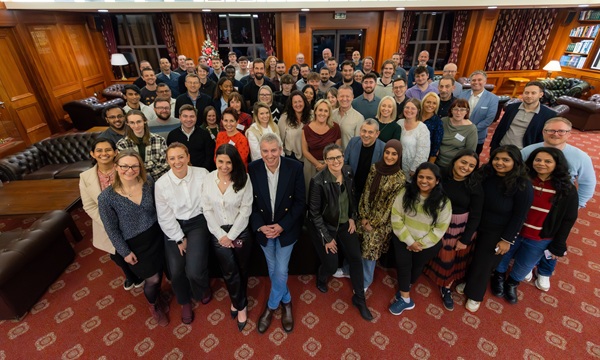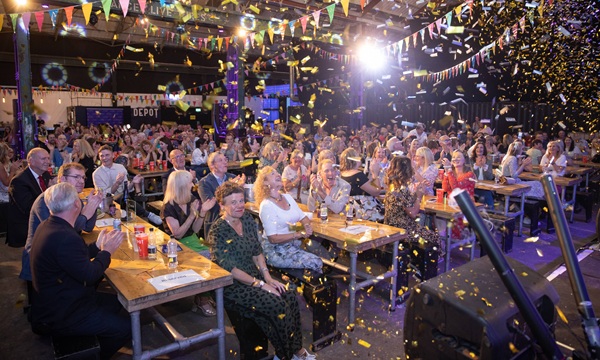BNW speaks to Eileen Kinsman about the challenges and rewards of being Interim Co-CEO, Centre for Alternative Technology
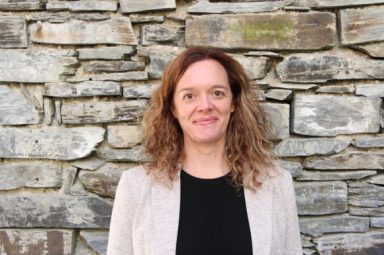 Why did you decide to work in the charity sector?
Why did you decide to work in the charity sector?
It was an accident. When I left university, I wasn’t aware that working in the charity sector could be a career choice. It wasn’t something that was ever suggested by careers advisers at school or university. I knew what I didn’t want to do but didn’t really have any idea about what I did want to do. I was in the university careers service with my friend, flicking through a careers magazine for inspiration, when I saw an article about volunteering at Amnesty International. I was a member of Amnesty and had got involved while I was at university, so thought that was something I could do. I applied and got a volunteer position in the fundraising team. This led to a paid maternity cover position as an events fundraiser which in my early-20s I thought was pretty much the perfect job. It involved coordinating Amnesty’s presence at high-profile concerts, music festivals and comedy events, as well as the more prosaic side of fundraising, such as organising the nationwide door to door collection. My career as a fundraiser had begun.
Tell us about how you joined CAT.
After working for 10 years in fundraising for national charities, my friends started having families and moving out of London. I grew up in a relatively rural area of Scotland and have always loved the outdoors and was finding that I was spending more and more of my free time outside of London. I saw an advert in the Guardian for the job of administrative director at CAT and decided to apply. I’d always known of CAT and thought of it in high regard and as a mecca for sustainability.
How long have you worked at CAT?
I started working at CAT in 2001 as the administrative director but left the role, and CAT, in 2004. I stayed in mid-Wales, working for the University of Wales, Trinity Saint David and later the Wales Council for Voluntary Action and the National Library of Wales. I was delighted to be able to re-join CAT in 2018 as the head of development, at an exciting time for the organisation. In December I was appointed interim co-CEO with Paul Booth whilst recruitment takes place for the permanent position.
Explain your job to us in a sentence.
Paul and I are jointly responsible for the successful leadership and management of CAT, in accordance with the strategic direction set by the Board of Trustees.
What does your average working day look like?
During the pandemic, my average working day involved working from the spare bedroom in back-to-back Teams and Zoom meetings – a mix of internal management meetings and external meetings with key stakeholders. In the last two years, pretty much the only time I was at CAT’s eco-centre was to host Iolo Williams and the BBC crew for Autumnwatch and Winterwatch in 2020-21, which broadcast live from CAT to 2.4 million viewers. Then in the lead up to the COP26 climate talks last October, I was suddenly hosting lots of VIP visitors, including politicians from UK and Welsh Government and some of our funders, who wanted to know more about our leading work on climate solutions. Those meetings have restarted this month after the winter Covid rules eased and, in February, I was on site again hosting a major donor visit.
What’s the best part about working in the charitable and sustainability sectors?
The best part about working in the charitable sector is feeling like you are doing something worthwhile. It’s not just a job to me, it’s my passion. That does mean it can be a bit all-consuming, but luckily I have a very understanding partner.
It is also an exciting time to be working in sustainability, particularly in Wales. The world is finally waking up to what CAT has been saying for nearly 50 years. Wales is leading the way with the ground-breaking Wellbeing of Future Generations Act and there are lots of opportunities for CAT to work with new organisations, spreading our message.
What are you working on at the moment?
I came back to CAT three years ago to lead on a major campaign to redevelop the eco-centre site as a flagship sustainable Welsh visitor attraction and sustainable skills hub. During lockdown, we developed our strategy for the next five years. CAT’s vision is a sustainable future for all humanity as part of a thriving natural world. Our plans for the redevelopment will bring us closer to realising that vision and improve our ability to deliver on our mission to inspire, inform and enable humanity to respond to the climate and biodiversity crises.
The redevelopment project is part of the portfolio for the Mid Wales Growth Deal. Over the years, CAT has made a substantial contribution to the sustainable development of mid-Wales, playing an instrumental role in the formation of successful businesses such as Dulas Ltd at the Eco Park in Machynlleth and Aber Instruments at the Science Park in Aberystwyth. Our plans will build on that and create opportunities for people living in the area, while allowing us to share solutions to the climate and biodiversity crises with many more people.
What are your job’s biggest challenges?
There is never enough time in the day. Working in the charity sector, it’s always expected that you will juggle lots of different workstreams, but our big capital fundraising campaign has taken things to another level.
There is a really wide range of specialisms within the sector, allowing you to use your skills and experience to work on issues you really care about.”
Meanwhile, CAT is more in-demand than ever. As awareness of the need for urgent action on climate change and biodiversity has grown, more and more people are turning to CAT to learn about solutions and what they can do to help. From our postgraduate degrees in sustainability, which have had their highest ever intake for the past two years running, to our Zero Carbon Britain Hub and Innovation Lab, which is working with councils, communities and businesses to help them with zero carbon planning, it can be a challenge to keep up with demand.
And what’s the biggest misconception people have about working in the charitable sector?
I think a lot of people don't realise the range of different careers open to you within the charity sector. For example, at CAT we have everything from designers and writers to lecturers and finance officers. There is a really wide range of specialisms within the sector, allowing you to use your skills and experience to work on issues you really care about.
What advice would you give to people wanting to work in the charitable sector?
The charitable sector covers a wide variety of different jobs, and the people employed within it come from diverse backgrounds. The most important thing is a real interest in your field and a desire to learn, as it’s a fast-changing area.
My advice is to look at where your interests, skills and experience combine – look at charities that are working on issues that you are passionate about, then look at the types of roles they have available. You might find that your existing experience is highly sought after, or you might discover more about the skills and knowledge you need to develop.
It’s incredibly rewarding to work on issues that you are passionate about, so it’s worth investing a bit of time in seeing what career paths might be open to you.
What are the major challenges facing the sector and how does your role factor into tackling them?
The climate emergency needs to be addressed by everyone and we need to implement solutions much faster and at a greater scale than that currently being achieved. There is also a big “green skills gap” as there are not enough people with the right training to implement sustainable solutions.
This highlights why our work at CAT is so vital and relevant, giving people the skills, knowledge and inspiration they need to drive action for the climate and nature at all levels of society.
CAT's Graduate School of the Environment, for example, provides students with the knowledge and skills they need to succeed in their chosen field, going on to work in a range of environmental and sustainability careers. Students come from diverse backgrounds and go on to make a real difference in tackling the climate and biodiversity crises, specialising in a wide variety of sectors, including energy, construction, nature conservation and transport, working to embed sustainability practice across the public, private and charitable sectors.
You can find out more about our Graduate School and the careers students go on to pursue at www.cat.org.uk/gse
What does the future hold for you and CAT?
The next few years for me will be focused on raising the funds for our redevelopment project and seeing those plans come to fruition. It is an exciting time for me and for CAT, and I hope that my work, together with that of the whole organisation, will help realise CAT’s vision of a sustainable future for all humanity as part of a thriving natural world.


